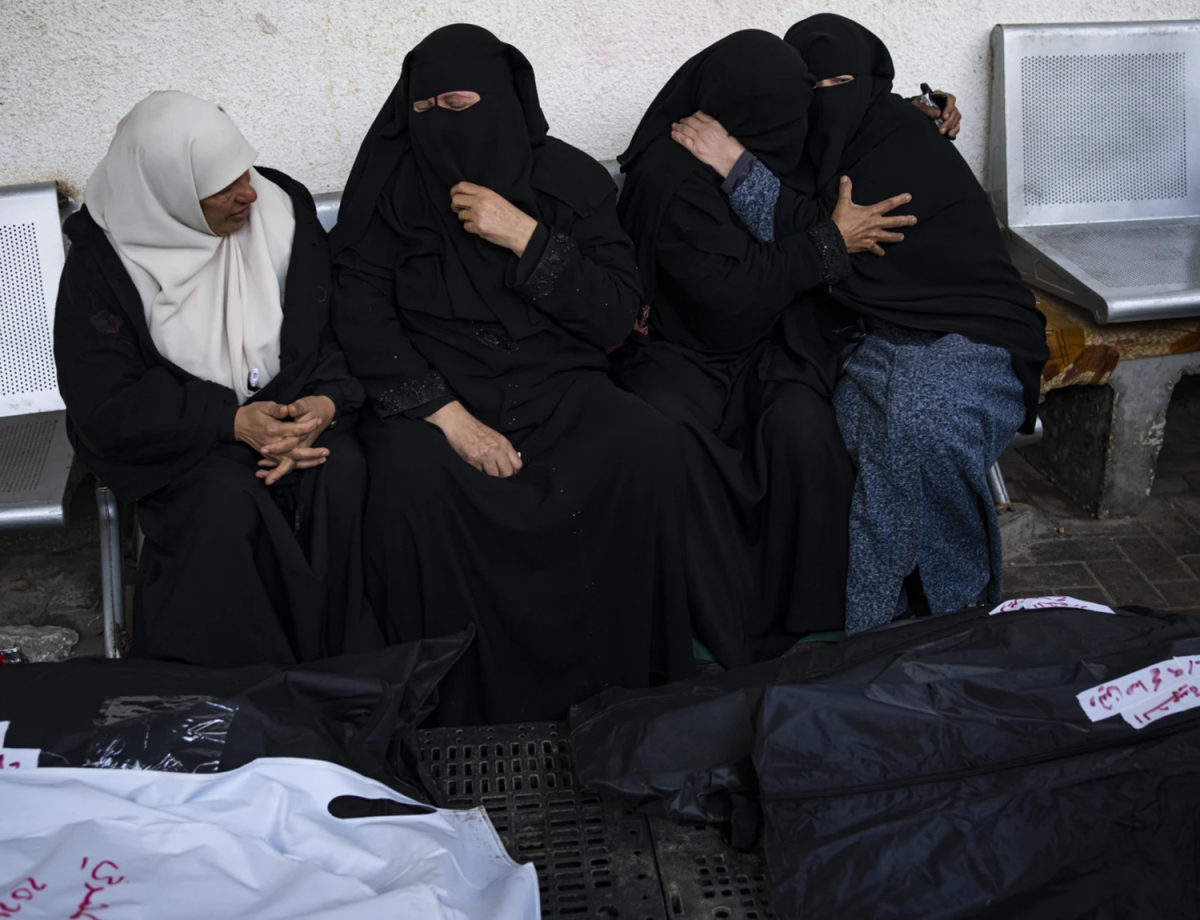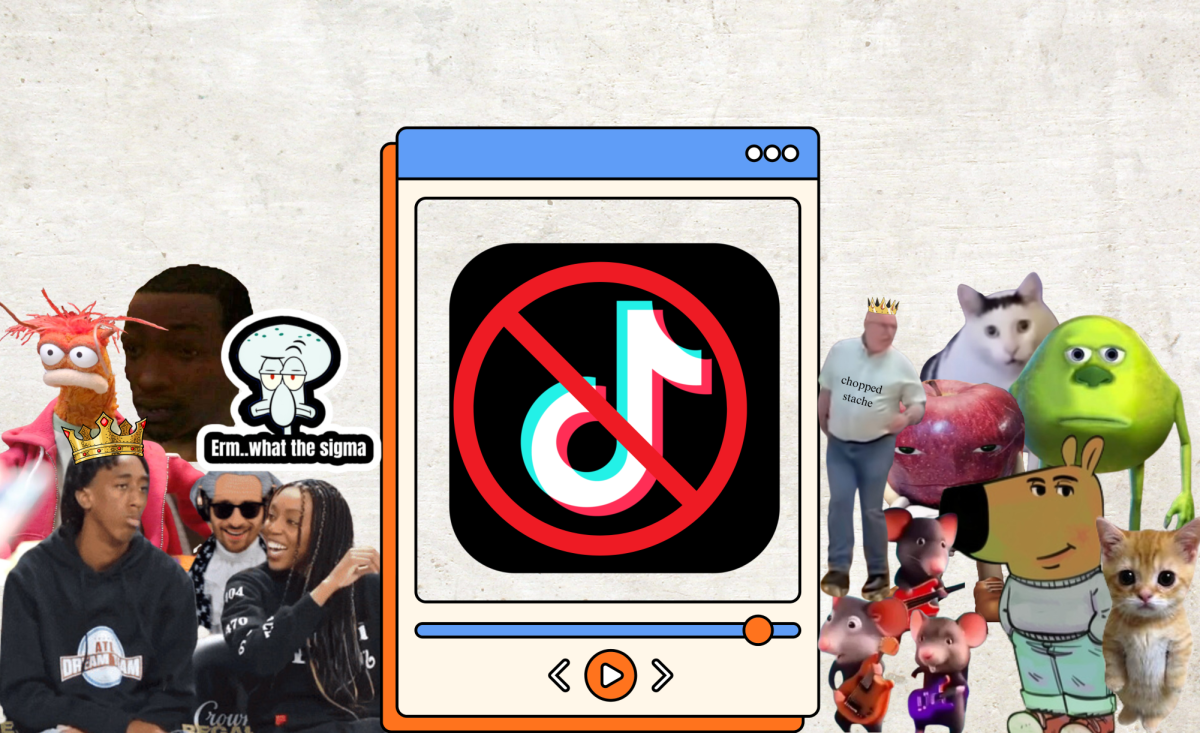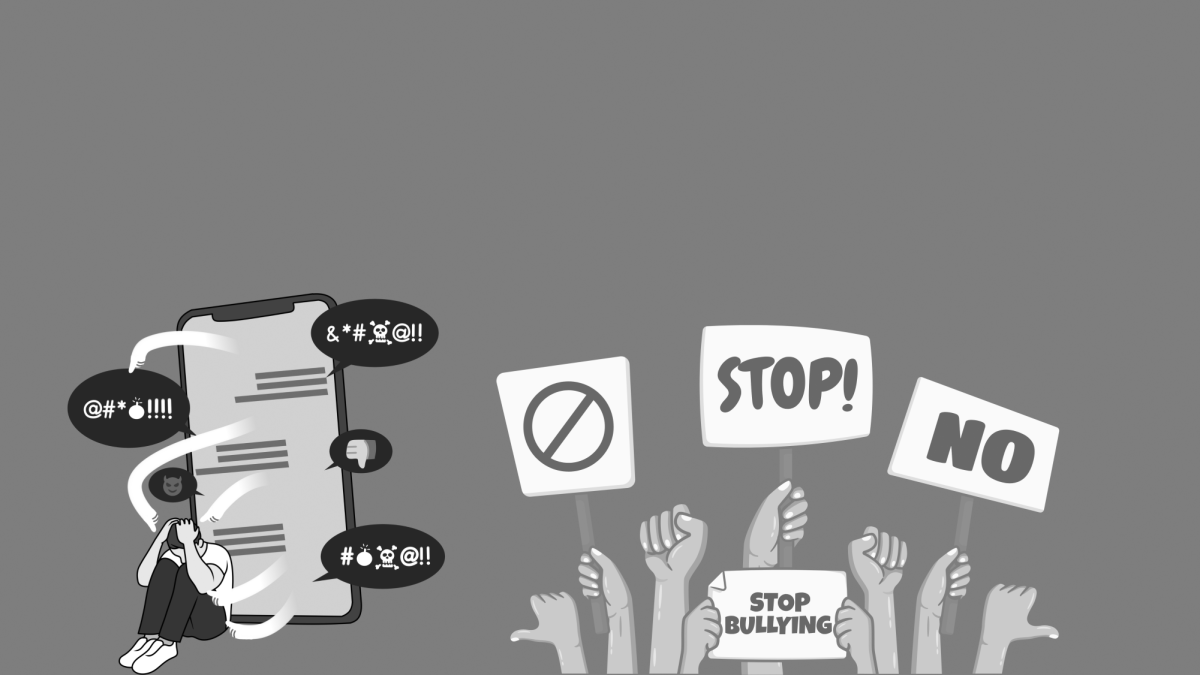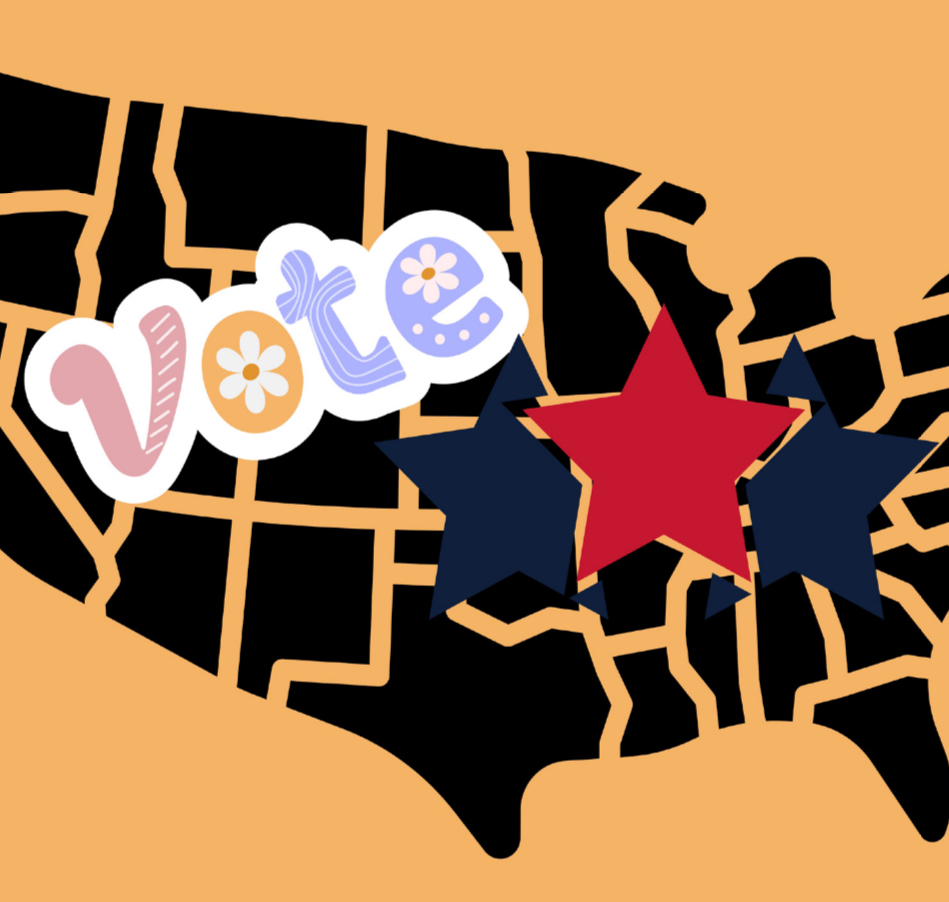Israel’s planned assault on the city of Rafah in southern Gaza will happen despite warnings from President Joe Biden and other U.S. officials.
When that assault will happen is unknown. Currently talks are underway for another cease-fire and the release of more hostages.
If a deal is not reached by March 10, the first day of the Muslim holy month known as Ramadan, the assault will take place very soon.
If a deal is reached by the start of Ramadan, then the assault will be postponed for several weeks. A cease-fire deal will not prevent the assault altogether.
On Feb. 26, Israeli Prime Minister Benjamin Netanyahu made an appearance on CBS News to discuss the impending assault and progress on negotiations.
He said; “Unless we have total victory, we can’t have peace. We can’t leave Hamas in place.” As far as negotiations go, he said he has been unable to reach a deal with Hamas.
Rafah is close to the Egyptian border. Normally a ghost town, the city has become the site of a large refugee camp.
There are 1.4 million Palestinian refugees in Rafah who have been displaced as a result of the war.
In addition to refugees and the civilians were already there, an four battalions of Hamas fighters, or around 4,000 are holed up in the city.
Nevertheless, Netanyahu is adamant about moving forward with the assault since he claims it would be a key step in reaching the end of the war.
He is also working on a plan with the Israeli army to evacuate the civilians in Rafah before the assault begins.
Netanyahu said 18 of the 24 known Hamas battalions have already been eliminated. These four battalions are among the remaining fighters in Gaza making Rafah the last major focus of the Israeli army.
Among the remaining 130 hostages are six U.S. citizens. If a deal is not reached in time, Rafah could be the scene of the worst battle the war has seen, and it would endure throughout Ramadan.
A question of safety
Where will Rafah’s citizens take refuge?
Hevar Barzenji, Staff Writer
March 21, 2024
Refugees of Rafah in Gaza try to confort each other after a series of bombings by Israel.







